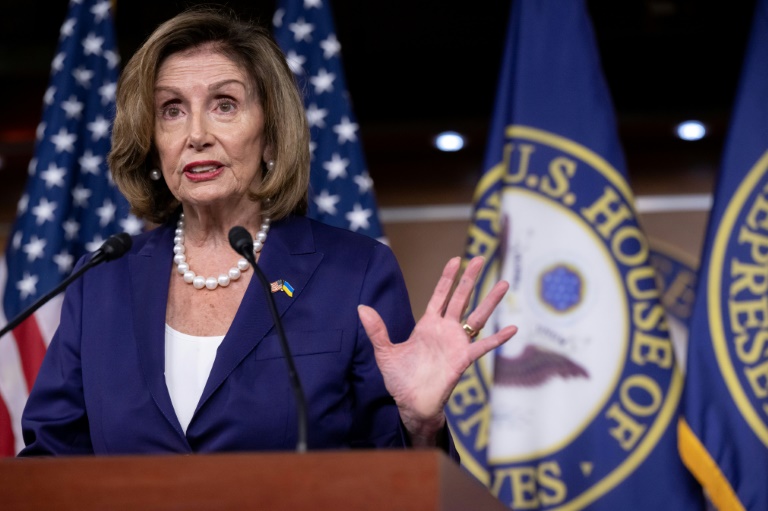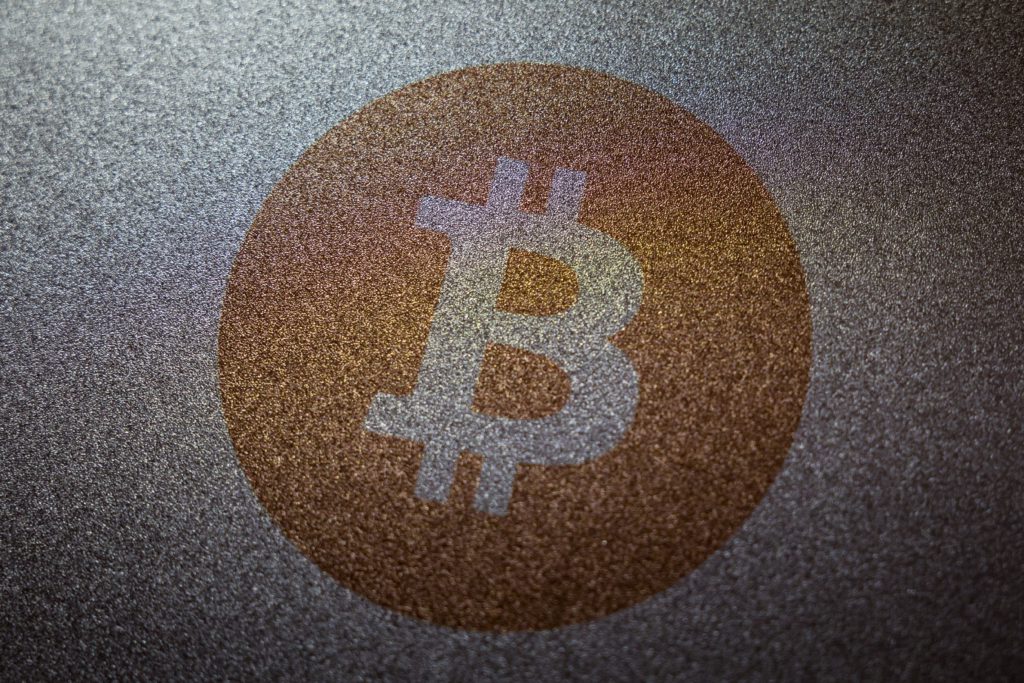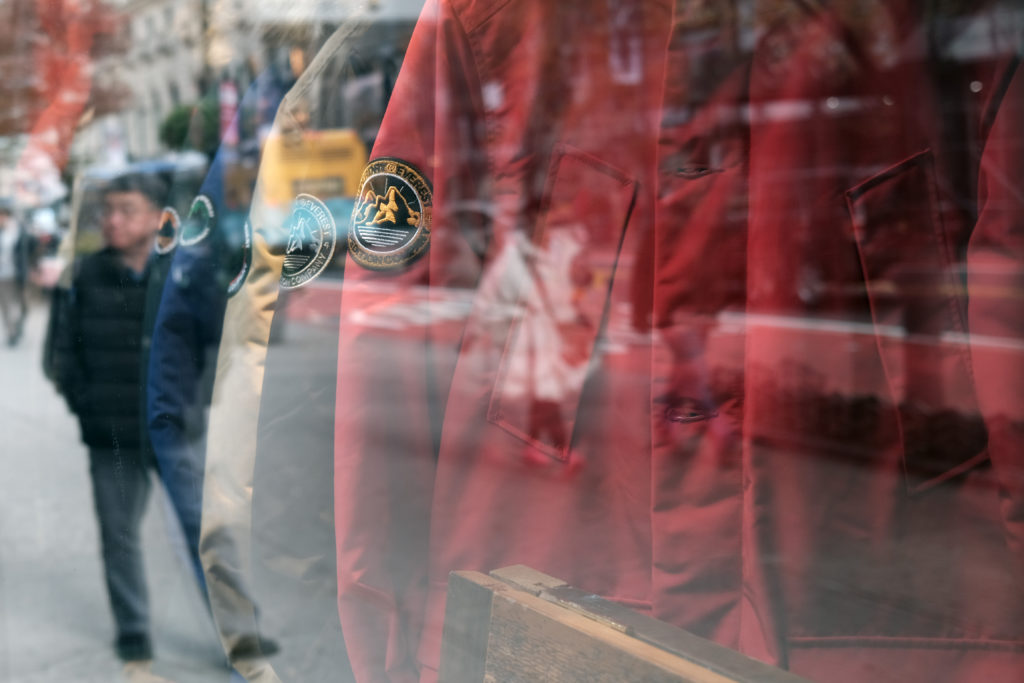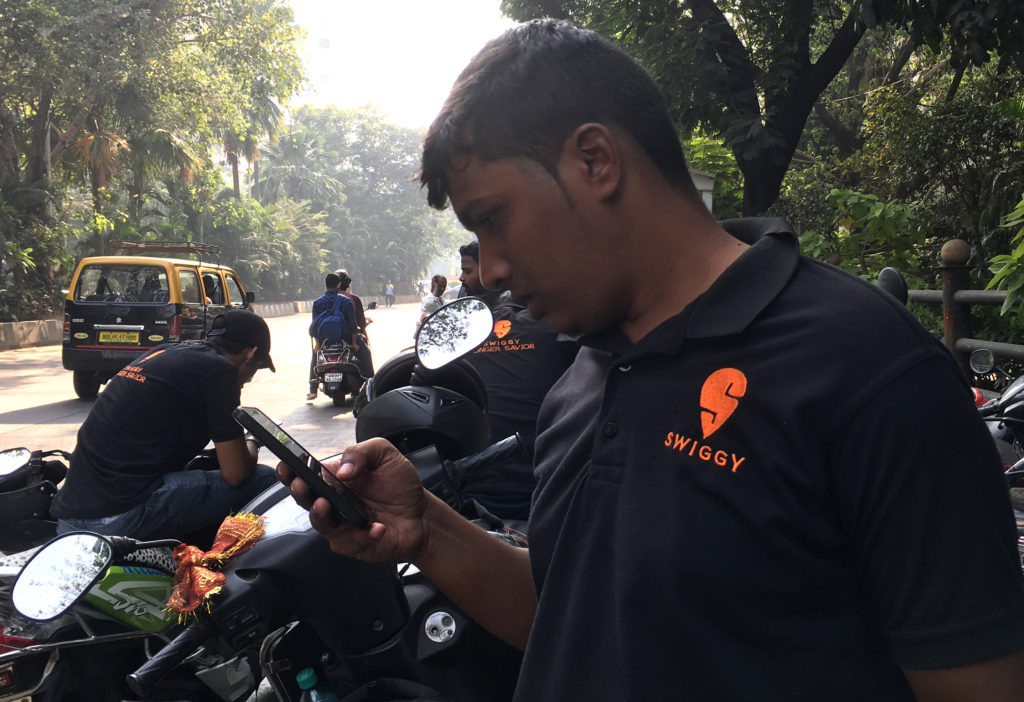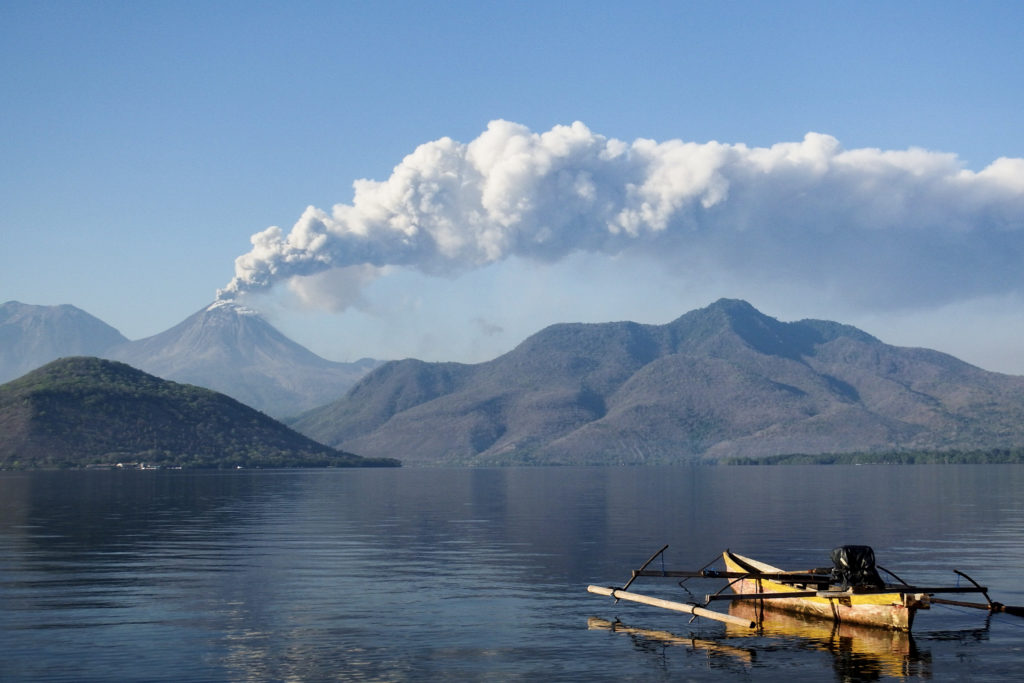US House Speaker Nancy Pelosi on Monday kicked off an Asia tour that has been shrouded in secrecy following an escalation in tensions with China over Taiwan.
With no word if Pelosi will visit the island, she stopped first in Singapore, where Prime Minister Lee Hsien Loong urged her at a meeting to strive for “stable” ties with Beijing.
Her itinerary also includes Malaysia, South Korea and Japan, but a possible Taiwan visit has dominated attention in the run-up.
Reports about a plan to visit the island have enraged Beijing and caused unease in the White House, with President Joe Biden trying to lower the temperature.
Beijing considers self-ruled Taiwan its territory — to be seized one day, by force if necessary — and said it would regard a Pelosi visit as a major provocation.
Pelosi’s office confirmed her Asia trip in a statement Sunday once her plane was in the air, following days of US media speculation and the speaker refusing to confirm her itinerary.
“The trip will focus on mutual security, economic partnership and democratic governance in the Indo-Pacific region,” it said, referring to the Asia-Pacific.
The statement did not mention Taiwan. But visits by US officials there are usually kept secret until delegations land.
And as speculation mounted, both foreign and local media cited unnamed sources Monday to report that Pelosi does indeed plan to include the island on her Asia tour, while the Financial Times said she would meet with President Tsai Ing-wen on Wednesday in Taipei.
– ‘Bury all enemies’ –
The Global Times, China’s state-run tabloid, suggested that Pelosi might use “emergency excuses like an aircraft fault or refuelling” to land at a Taiwanese airport.
“If she dares to stop in Taiwan, it will be the moment to ignite the powder keg of the situation in the Taiwan Straits,” Hu Xijin, a former Global Times editor and now commentator, tweeted.
And the Chinese army’s Eastern Theater Command shared footage on social media site Weibo featuring a combat-ready army with fighters and helicopters taking off, amphibious troops landing on a beach and a stream of missiles raining down on various targets.
“We will bury all enemies who invade our territory,” a short text accompanying the footage read.
“We’re ready to fight,” it added. “Advance towards a joint combat and a victorious war.”
Taiwan’s 23 million people have long lived with the possibility of an invasion but the threat has intensified under Chinese President Xi Jinping.
The United States maintains a policy of “strategic ambiguity” over whether it would militarily intervene were China to invade.
While it diplomatically recognises Beijing over Taipei, it also backs Taiwan’s democratic government and opposes any forced change to the island’s status.
American officials often make discreet visits to Taiwan to show support but a Pelosi trip would be higher-profile than any in recent history.
Taiwan’s government has remained silent on the prospect of a Pelosi visit and there has been minimal local press coverage.
“I really hate what the Chinese are doing,” Hsu Ching-feng, a fruit vendor in Taipei, told AFP.
“But there’s nothing us common folks can do about it but ignore them. I will just ignore them.”
– ‘Wrong target’ –
As House speaker, Pelosi is second in line to the US presidency and one of the country’s most powerful politicians.
The last House speaker to visit was Newt Gingrich in 1997.
Biden and Xi had a tense phone call last week clouded by disagreements over Taiwan.
Xi issued an oblique warning to the United States not to “play with fire” over the island.
Speculation about Pelosi’s Taiwan plans has coincided with an uptick in military activity across the region.
US officials have sought to downplay the significance of a Pelosi visit, urging calm from Chinese leaders.
Kharis Templeman, a Taiwan expert at the Hoover Institution, said Beijing “misread US politics and screwed their signalling up” with its intense reaction.
“They picked the wrong target. Biden doesn’t control the Speaker or any other member of Congress,” he tweeted Sunday.
“They’ve drawn the line at the Speaker of the House, on a visit rich in symbolism but of limited practical value. And now it will be politically costly for either Pelosi not to go, or Xi not to respond with something dramatic.”
In Taiwan, there have been mixed views about the prospect of Pelosi visiting, but figures from both the ruling party and the main opposition have said the island should not cave to Chinese pressure.
“If Pelosi were to cancel or postpone the trip, it would be a victory for the Chinese government and for Xi as it would show that the pressure it has exerted has achieved some desired effects,” Hung Chin-fu, from Taiwan’s National Cheng Kung University, told AFP.

